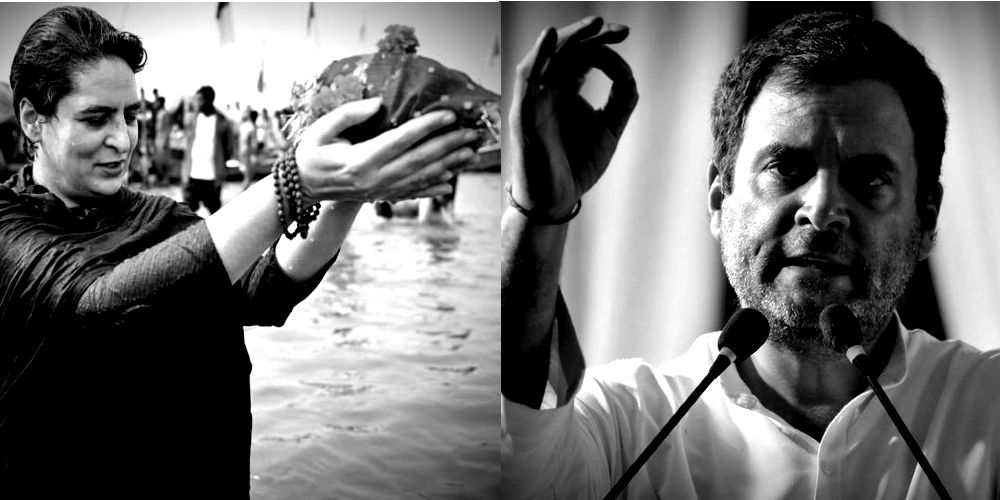Prime Minister Manmohan Singh, while addressing the biennial conference of the Central Bureau of Investigation (CBI) Friday, said Lokpal is at the top of his government’s agenda.
Despite assurances from the top, it still seems unlikely that this government is serious about bringing an effective Lokpal bill to curb corruption.
Take the example of Abhishek Manu Singhvi, who chairs the parliamentary standing committee on law and justice, which will hold deliberations over the constitution of the Lokpal bill. Interestingly, Singhvi, who is also a Congress party spokesperson, has been involved in a legal fight on behalf of the leading telecom companies to stall the audit of their accounts by the Comptroller and Auditor General of India, the Economic Times recently reported.
The entire issue can be traced back to January 2009, when Telecom Regulatory Authority of India (TRAI) had asked the DoT to conduct a special audit of the accounts of Reliance Communications for under-reporting of revenues. The DoT, in April 2009, ordered similar audit for Bharti Airtel, Idea Cellular, Tata Teleservices, and Vodafone Essar. The companies came under the scanner after allegations that they were not paying the government’s share of revenue by showing the revenue earned under other categories. It was noticed that the reported revenues of some operators were higher in segments that carried low license fees than in other segments where such fees were high.
The government had directed these companies to submit their accounting details of three years (from 2006-07) to CAG in March 2010.
In what could be a clear case of conflict of interest, Singhvi, who is also a lawmaker, was appearing in the court to stall the CAG audit that could have brought revenues to the government.
This is not the first time Singhvi is in the dock. Is it not true that he voluntarily chose to bunk Parliament on August 27 2010, when the Rajya Sabha was in session, in order to argue a case before the Chief Justice of Karnataka? He was representing Vedanta group, which owns Sesa Goa, at that time.
A complaint has also been filed against Singhvi with the Chairman of the Ethics Committee for violation of various clauses of code of conduct, in particular clause 4 which states:
- (iv) Members should always see that their private financial interests and those of the members of their immediate family do not come in conflict with the public interest and if any such conflict ever arises, they should try to resolve such a conflict in a manner that the public interest is not jeopardised.
Also, Singhvi is not alone when it comes to the arguments of conflict of interest. According to a report by NewsX, a large number of people who are “either sitting in judgement or arguing the 2G case has, at one time or another, been associated with one of the telecom players”.
The report lists the following key players:
- Union Telecom Minister Kapil Sibal, as a lawyer has represented several companies including Nokia and Bharti.
- Senior BJP leader and Leader of Opposition in the Rajya Sabha, Arun Jaitley, served as a lawyer for T-Mobiles, Tata Teleservices, Lucent Technologies and Sterling.
- Current Home Minister, P Chidambaram, represented Motorola, US’s Bellsouth and Luxembourg’s Millicom.
- Congress spokesman, Abhishek Manu Singhvi, represented the Cellular Operators Association of India, the Association of Basic Telecom Operators, Bharti and Reliance.
- India’s current Solicitor General, Gopal Subramaniam has been a lawyer for the Cellular Operators Association of India and Hughes telecom.
- Current Attorney General Goolam Vahanvati has been a lawyer for the Cellular Operators Association of India, RPG and Usha Martin.
- Former Law Minister Shanti Bhushan has been a lawyer for Essar Telecom, US’s Bellsouth and Luxembourg’s Millicom.
- Harish Salve, who served as the Solicitor General of India in the past, represented Reliance, Tatas and Vodafone.

